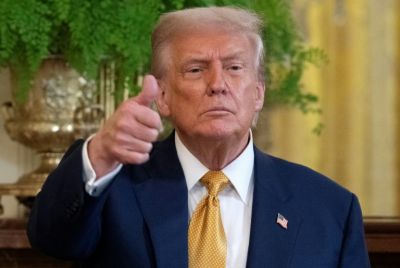China Cracks the Whip on Illegal Trading Exchanges
Futures Markets Dealing with Commodities, Artifacts and Precious metals
Businesses in China engaged in electronic trading such as commodities, artifacts and precious metals are in for a deep scrutiny as the federal government launched a major campaign to clean and consolidate the country's numerous exchanges in order to regulate the market and prevent financial consequences.
China's State Council on Thursday, said it has ordered the China Securities Regulatory Commission to create a task force that will monitor all exchanges as well as track and shut down unauthorized and illegal bourses.
According to analysts interviewed by The Financial Times, China's unregulated trading houses already number to more than 300 around the country in only a span of five years. This year alone, in the first ten months, 58 new exchanges have sprung up.
Trading activities in these exchanges have reportedly led to price manipulation and fund misappropriation, rendering regional financial risks and social instability.
This is not the first time the federal government focused its attention on the country's trading houses, the China Daily reported. In 2009, the State Administration for Industry and Commerce prohibited new trading houses to be established. In 2010, six ministries led by the Ministry of Commerce sanctioned authorized trading houses with a new set of regulations.
But this is the first time that China's State Council stepped into the game, keen not only to clean up the sector but also close down trading houses if needed.
No other bourses will be allowed to list new shares and offer centralized pricing apart from the stock and futures exchanges authorized by the State Council. Exchanges that trade gold, insurance or credit products must receive approvals from financial authorities under the State Council, it said in a statement.
Analysts said the illegal and unauthorized bourses came up out of demand from the investors themselves, looking beyond what is being offered by China's major and authorized exchanges such as the Shanghai Futures Exchange, Zhengzhou Commodity Exchange and China Financial Futures Exchange.
"The futures exchanges in China are well-regulated but relatively underdeveloped. So they lack new products and systems to satisfy investor demand," Hu Yuyue, head of Beijing Technology and Business University's securities and futures research center, told China Daily. "That has resulted in the boom of unregulated trading houses."




















